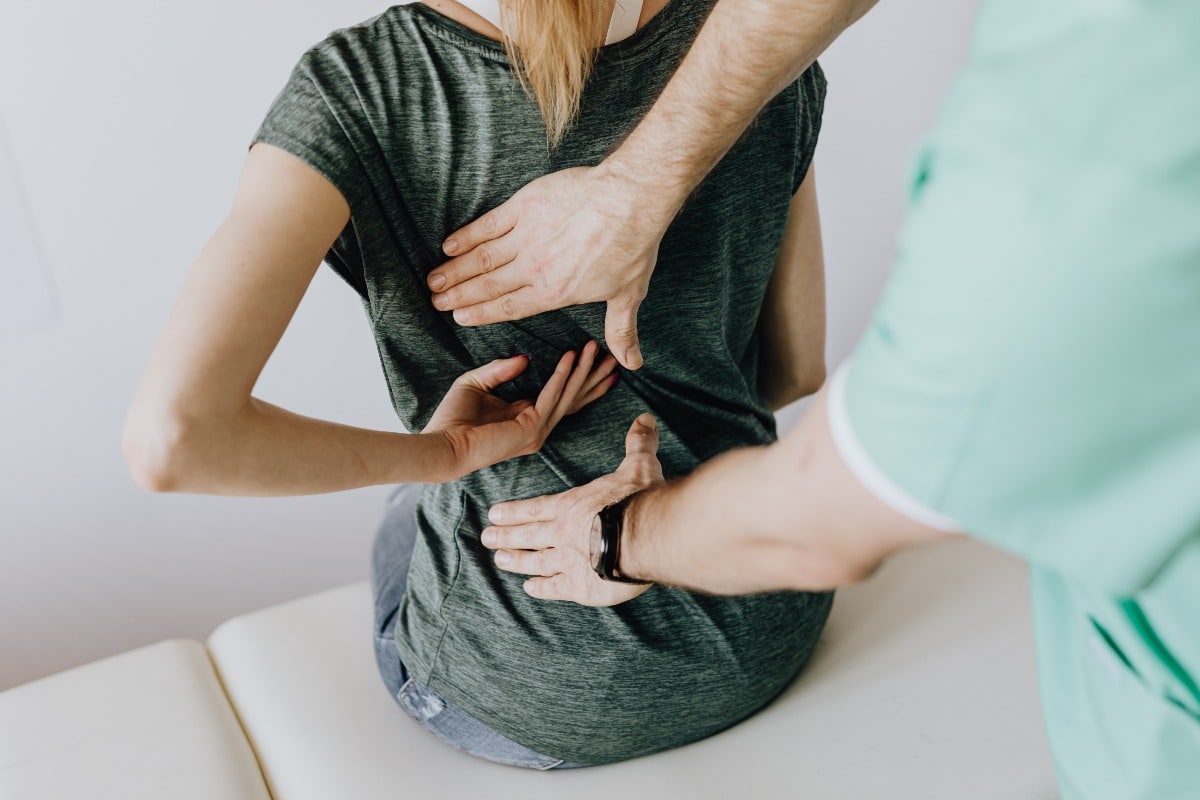How Can Treatment for Chronic Pain Help Me in Recovery?
Identifying the root causes of your substance use disorder (SUD) will help you sustain a successful recovery. Many factors can drive somebody to use substances, such as chronic mental and physical health disorders. Chronic pain is highly correlated with substance use. You might use drugs and alcohol to self-medicate chronic pain, which can cause addiction. If this is the case, treatment for chronic pain can help you remain abstinent from substance use on your recovery journey.
Defining Chronic Pain
Many mental and physical health disorders can cause persistent pain. Pain can be an invisible symptom with an unclear cause. For instance, your headache or back pain may not be obviously apparent to a medical professional, unlike the way a broken arm or cough would. This can lead to misdiagnosis if your complaints are not taken seriously, and it can affect the type of care you receive for your pain management.
Chronic pain is reoccurring pain that could be the result of an illness, poorly healed injury, or natural symptom of aging. Any pain that lasts more than three to six months can be considered chronic. A 2019 National Health Interview Survey (NHIS) found that about 20.4% of adults in the United States experience some type of chronic pain. Chronic pain ranges in severity from mild to severe. Some examples of chronic pain include:
- Back and neck pain
- Osteoarthritis
- Headaches
- Fibromyalgia
- Irritable bowel syndrome (IBS)
Opioid Pain Relievers
In 2012, there were 259 million prescriptions written for opioid pain relievers. Opioid use disorder (OUD) is common in people with chronic pain because they are commonly prescribed opioid pain relief medication. Addiction to opioid medications can lead to illicit drug use of other opioids, such as heroin or fentanyl. Opioids are Schedule II drugs meaning they have a high potential for dependency and abuse. Many people who become addicted to opioid substances began with appropriately prescribed opioid pain relief medication. Doctors must be careful with opioid prescriptions and monitor their patients carefully. If you ever feel uncomfortable taking opioid pain relief medications, talk to your doctor about looking into alternative solutions.
Not everyone who takes opioid pain relief medication will become addicted. As long as pain relief medications are taken as appropriately prescribed, you may not have a problem with opioid dependency. However, when opioid pain relief medications are not taken as instructed, it could lead to severe harm, including dependency and overdose.
Signs of Opioid Prescription Misuse
Signs of opioid prescription misuse include:
- Taking a higher dose of prescription medications than instructed by a medical professional
- Taking medications in a different method other than instructed by a medical professional (i.e. snorting or injecting when meant to be taken orally)
- Taking prescription medications that are not prescribed to you
- Taking prescription medications with the intent of experiencing a high
In most cases, a combination of pain medication and other treatments is used for pain management. When treatment is followed responsibly, it can effectively relieve or reduce chronic pain.
Managing Chronic Pain
Since substance use is closely linked to the mismanagement of chronic pain, learning how to manage your chronic pain will reduce your SUD symptoms and help with relapse prevention. Besides pain relief medication, chronic pain can be treated with different types of therapeutic interventions, such as:
- Dietary supplements
- Biofeedback
- Cognitive-behavioral therapy (CBT)
- Mindfulness movement
- Platelet-rich plasma therapy (PRP)
- Massage therapy
- Acupuncture
- Physical therapy (PT)
- Occupational therapy (OT)
- Yoga
- Spinal manipulation
- Relaxation techniques
- Gut-directed hypnotherapy
- Reiki
Some of these treatments are also used to manage SUD or other mental health symptoms. Your mental and physical health are connected, so finding an effective treatment for one ailment will likely positively affect another.
Platelet-Rich Plasma Therapy (PRP)
Chronic pain that can be managed with PRP includes musculoskeletal and spinal disorders, osteoarthritis, and chronic recalcitrant wounds. This type of therapy aims to regenerate and repair muscle tissue. PRP uses injections of your platelets to accelerate the healing process of joint or muscle-related injuries. This type of therapy relieves pain by speeding up the healing process to reduce chronic pain.
Physical Therapy (PT) vs Occupational Therapy (OT)
Pain management often requires physical therapy (PT) or occupational therapy (OT). Both types of therapies are used to heal physical injuries. However, PT focuses on healing and preventing injuries, while OT focuses on physical independence and day-to-day function. During a PT session, you might be assigned physical exercises to strengthen specific muscles and receive heat and massage therapy.
Strengthening your muscles can help you heal faster, prevent the need for surgery, and help you become less reliant on pain relief medication. Some PT exercises might include various equipment that a physical therapist’s office will provide for you. Other exercises will involve minimum to no equipment so you can continue to strengthen your muscles at home.
Participating in treatment to reduce chronic pain can help you sustain your sobriety during your recovery journey. Restoration Recovery Centers understands the role chronic pain plays in substance use disorders. We offer yoga and cognitive-behavioral therapy (CBT), among other treatment options, that can help with pain management. Our on-staff doctors are well-versed in chronic pain treatments, one of our doctors being an early pioneer of platelet-rich plasma therapy (PRP). Restoration Recovery Centers’ mental and medical professionals have resources that can help you heal from your mental and physical pain. If you or someone you know is struggling with substance use disorder, call Restoration Recovery at (888) 290-0925 for help today.






